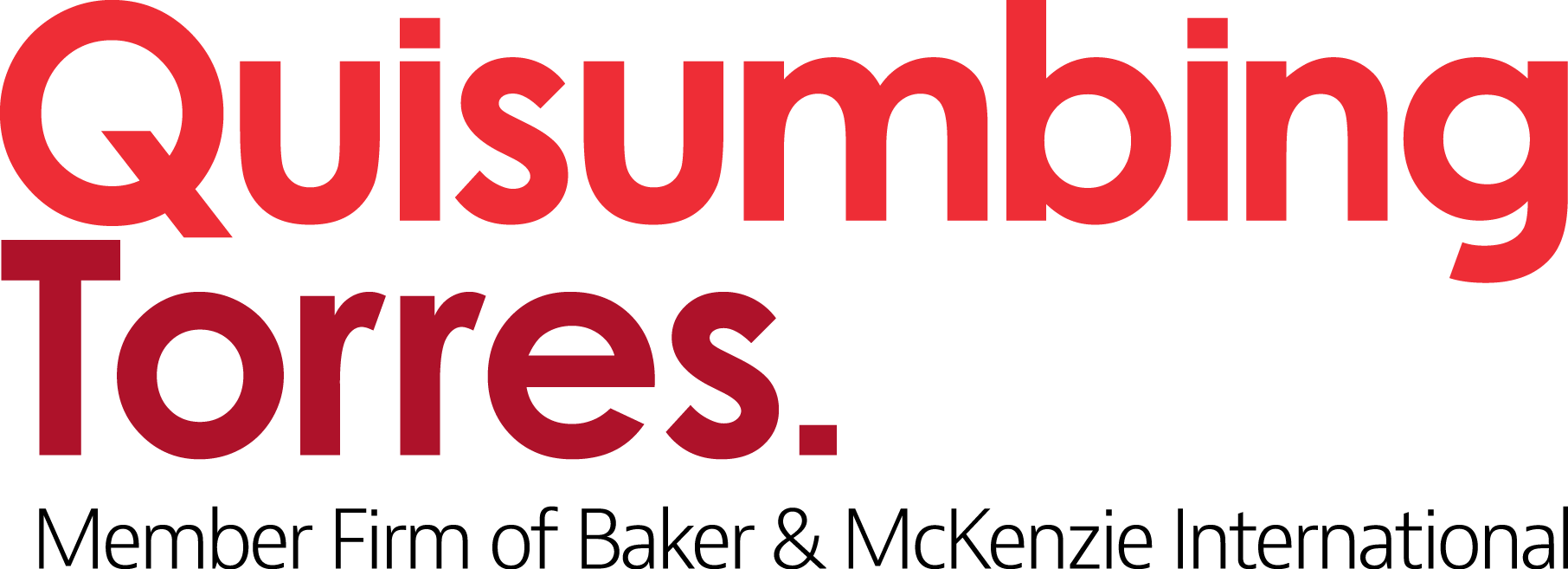In brief
On 10 December 2021, President Rodrigo Duterte signed into law Republic Act No. 11595 (“RA 11595“), otherwise known as ‘An Act amending Republic Act No. 8762 or the Retail Trade Liberalization Act of 2000 (RTLA), by lowering the paid-up capital requirement for foreign retail enterprises and other purposes.’ RA 11595 took effect on 21 January 2022.
Under RA 11595, the Department of Trade and Industry (DTI), in coordination with the Securities and Exchange Commission (SEC) and the National Economic and Development Authority (NEDA), is mandated to issue the implementing rules and regulations (IRR) necessary for the implementation of the RTLA as amended by RA 11595.
The IRR was issued on 9 March 2022 and published in The Philippine Star on 12 March 2022. The IRR will take effect 15 days after its publication or on 27 March 2022.
This is an update to our client alert on RA 11595, which is accessible at this link.
Recommended actions
All foreign retailers that are currently engaged in retail trade in the Philippines or that are intending to expand their retail business to the Philippines are advised to familiarize themselves with the new requirements provided under the IRR. This includes the requirements for entities that intend to set up retail trade enterprises in the Philippines, as well as ongoing requirements applicable to existing retail enterprises.
Notwithstanding the issuance of the IRR, foreign retailers are advised to continuously monitor the issuance of further regulations that will elaborate on the requirements under the IRR.
In more detail
Below are the salient terms of the IRR:
1. Foreign retailers
The IRR specifically defines a ‘foreign retailer’ as “a foreign national, partnership, association, or corporation of which more than forty percent (40%) of the capital stock outstanding and entitled to vote is owned and held by such foreign national, engaged in retail trade.”
The IRR expressly states that the minimum paid-up capital requirement of PHP 25 million and the minimum investment per store requirement under RA 11595 shall not apply to corporations engaged in retail trade of which at least 60% of the capital stock outstanding and entitled to vote is owned and held by citizens of the Philippines.1
Under the RTLA, foreign-owned partnerships, associations and corporations were required to be formed and organized under the laws of the Philippines to be able to engage in a retail trade business in the Philippines. The foregoing requirement was amended by RA 11595, which is further clarified by the IRR, which states that foreign-owned partnerships, associations and corporations upon registration with the SEC may engage or invest in retail trade, subject to the compliance with the minimum paid-up capital and reciprocity requirements. The definition of ‘paid-up capital’ under the IRR expressly covers the assigned capital of foreign corporations or its branch offices.
2. Minimum paid-up capital
RA 11595 provides that foreign-owned retail enterprises must have a minimum paid-up capital of at least PHP 25 million. Furthermore, foreign retailers engaged in retail trade through more than one physical store must have a minimum investment per store of at least PHP 10 million.
The IRR clarifies that the paid-up capital may be used to purchase assets for purposes of complying with the investment per store requirement. The actual use of the minimum paid-up capital for retail trade operations in the Philippines shall be monitored by the SEC or DTI, as applicable.
The IRR reiterates that the minimum investment requirement per store of PHP 10 million applies to foreign retailers that will engage in retail trade through more than one physical store. The IRR defines a ‘store’ as a physical outlet established in the country where goods are sold on a retail basis. The IRR further states that for purposes of online retailing, the warehouse where the goods are stored shall be deemed a store.
Under the IRR, the DTI, SEC and NEDA are mandated to review the minimum paid-up capital every three years from the effectivity of RA 11595 and report its recommendation to the Philippine Congress.
3. Registration requirements
The IRR specifically identifies the documentary requirements to be submitted to the Company Registration and Monitoring Department of the SEC and the DTI National Capital Region office or its regional or provincial offices, as follows:
- Certificate of Inward Remittance of Foreign Exchange issued by a bank in the format prescribed by the Bangko Sentral ng Pilipinas or other proof, such as a bank certification, certifying that such capital investment is deposited and maintained in a bank in the Philippines
- Certificate of Reciprocity from the proper official of the home state of the foreign retailer or the local embassy of the home state in the Philippines stating that such state provides reciprocity to Filipinos
4. Online retailing
The IRR expressly states that the (i) minimum paid-up capital of PHP 25 million, (ii) reciprocity requirement and (iii) registration requirements above shall apply to foreign retailers that will engage in retail trade through purely online channels.
5. Reporting requirements
All registered retail enterprises are required to submit annual reporting requirements to the SEC or DTI, as the case may be, with an attachment to the audited financial statements certified by a responsible officer of sufficient authority or rank reflecting the following, among others:
- Maintenance and actual use of the paid-up capital requirement
- Number and location of stores, investment per store, and the status of operation of each store
- Stock inventory of locally manufactured products, if applicable
- Such other reports as may be prescribed by the SEC or the DTI
Foreign retailers have the duty to keep their records, inventory and books of accounts available at all times for inspection by the SEC or DTI, as applicable.
6. Promotion of locally manufactured products
RA 11595 encourages foreign retailers to have a stock inventory of products that are made in the Philippines. The IRR further elaborates that the stock inventory of products may be maintained through any of the following:
- Designation of a store space as Filipino section
- Use of locally made packaging materials such as bags, boxes or containers
- Utilization of locally sourced raw materials in the production of the goods
- All other arrangements that will promote locally manufactured products
7. Existing retail trade enterprises
The minimum investment per store requirement shall not apply to foreign investors or foreign retailers who are legitimately engaged in retail trade and were not required to comply with this requirement at the time of effectivity of RA 11595 (or as of 21 January 2022).
A foreign retailer that has prequalified and/or registered prior to the effectivity of RA 11595 is required to maintain the minimum paid-up capital imposed under the RTLA.
8. Rights of former natural-born Filipinos
The IRR provides that any natural-born Filipino citizen who has lost their Philippine citizenship may be allowed to engage in retail trade, provided that they reside in the Philippines.2
1 Under the RTLA, retail trade enterprises with a paid-up capital less than USD 2.5 million were reserved to Filipino citizens and wholly Filipino-owned Philippine corporations.
2 A former natural-born Filipino citizen is deemed ‘residing in the Philippines’ if they physically stay in the country for an aggregate period of at least 180 days within a given year.

Please contact QTInfoDesk@quisumbingtorres.com for inquiries.





